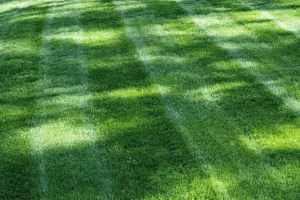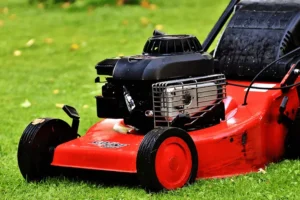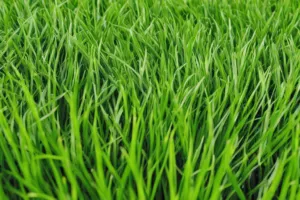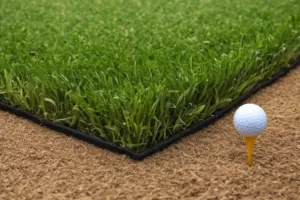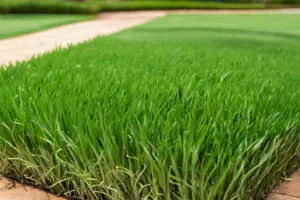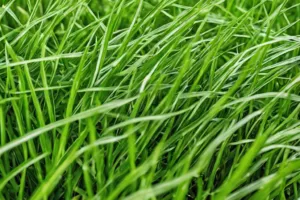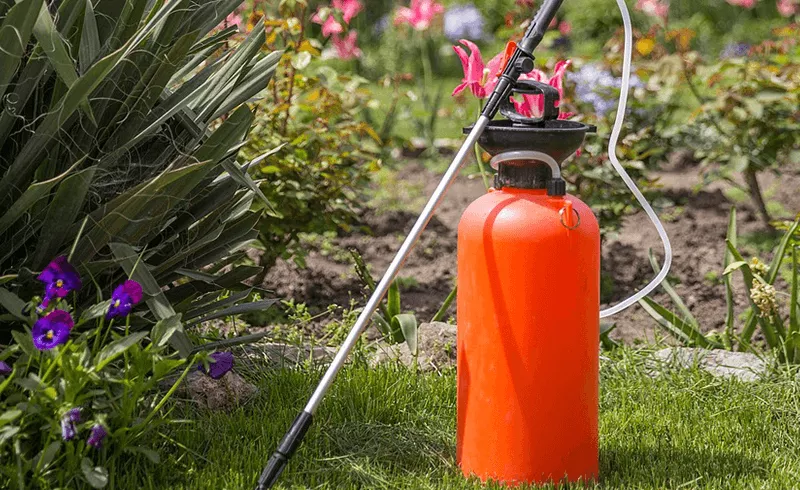
Bahia grass is often the gardener’s favored choice for lawns, thanks to its resistance against drought and the stunning all-green canvas it produces. However, guaranteeing the full bloom of its potential doesn’t come easy. Often, it requires a calculated approach to fertilization. This article intends to break down ground facts about Bahia grass care, honing in specifically on finding the best lawn food fertilizer to foster healthier and lusher greens.
Understanding Bahia Grass
Native to South America’s climates, Bahia grass has found favor among homeowners across southern United States due its robust nature and low maintenance requirements. With a unique ability to thrive in less fertile conditions, it offers an affordable alternative for owners seeking a durable lawn option.
Nevertheless, Bahia grass could still significantly benefit from timely and appropriate fertilization. The trick lies in determining which fertilizer mix best complements this resilient grass type without overwhelming its natural growth balance.
Determining What Your Bahia Grass Needs
Like most plants, Bahia grass requires macronutrients – Nitrogen (N), Phosphorous (P), and Potassium (K) – albeit in varying degrees. Nitrogen is particularly crucial as it primarily aids in photosynthesis and contributes significantly towards plant growth and lushness.
However, Bahia grass also possesses an inherent capability to ‘fix’ atmospheric nitrogen into its soil thanks to symbiotic bacteria present in its root nodules. Consequently, while most other turfgrasses would require high Nitrogen content fertilizers, Bahia demands comparatively less.
On the other hand, phosphate aids in energy transfer and potassium works towards regulating water intake while strengthening the plant against diseases. However these nutrients are usually present in sufficient quantities naturally occurring within most soils.
Therefore when looking for a fertilizer for your Bahia Grass lawn, the key lies in finding one that provides the correct Nitrogen balance while ensuring to maintain the overall soil health.
Choosing The Best Liquid Fertilizer For Bahia Grass
A balanced fertilizer for Bahia grass ideally boasts a higher Nitrogen percentage balanced with lesser quantities of Phosphorous and Potassium. Organic options such as compost or well-rotted manure can also provide excellent nutritional support. Always consider your soil type and conduct a soil test before choosing your fertilizer to avoid any potential nutrient overdose.
Timing is Everything: When To Fertilize
Usually, Bahia grass awakens from its winter dormancy around early Spring when temperatures consistently hit around 65-70 degrees. This is an ideal time to fertilize since the grass utilizes nutrients most efficiently during growth periods.
Feeding should then be continued every 6-8 weeks during active growth season (typically April through August).
The Proper Fertilizer Application
In applying lawn food fertilizer, it’s advisable to follow the instructions provided by manufacturers. Spreaders can help ensure an even distribution across your lawn. Over-fertilization may harm your grass, so it’s better to apply in smaller amounts more frequently.
Cultivating a luscious Bahia grass lawn is more than possible with the right knowledge of its nutritional needs and fertilization timing. Choosing a quality Nitrogen-rich but balanced fertilizer coupled with timely application throughout growing seasons will pave the way towards achieving that enviable green expanse of turf you aspire.
Understanding your lawn’s needs goes beyond aesthetics; it speaks volumes about maintaining balance within nature’s grand scheme. Responsible and informed landscaping choices not only beautify our surroundings but also contribute towards preserving our environment’s health for future generations.

Bob Green, a passionate lawn care enthusiast with over two decades of landscaping experience, is this website’s proud owner. His vast knowledge of horticulture and dedication to helping homeowners maintain beautiful lawns are reflected in the valuable content he shares on his platform. John has always been interested in Agrostology.









